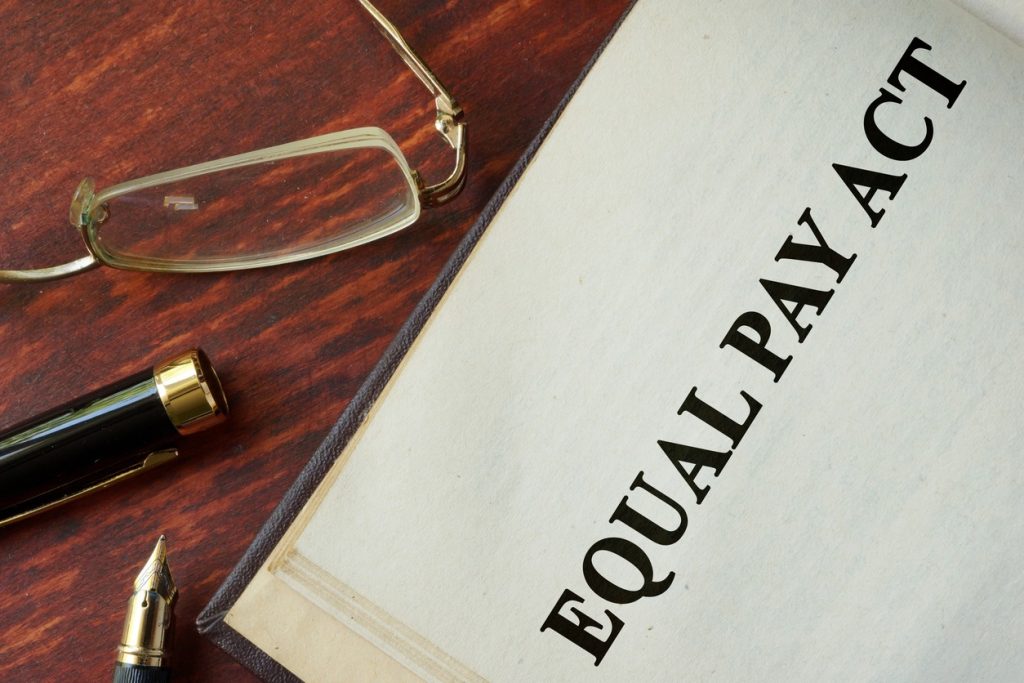The U.S. Court of Appeals for the Second Circuit issued an important ruling in the Equal Pay Act class action against Sterling Jewelers. The class action case alleges that Sterling Jewelers had a glass ceiling for female retail sales employees under which women were paid less and were not promoted as often as similarly situated male employees. The appellate court reversed the trial court on a key issue that could expand the size of the potential class action considerably.
1220000-1220898-sterlingThe case is being litigated in private arbitration and the arbitrator had certified a class of Sterling Jewelers Inc. employees that included employees who did not affirmatively opt in to the arbitration proceeding. The defendant, Sterling Jewelers, appealed the decision to federal district court, which held that “the arbitrator exceeded her authority in purporting to bind those absent class members to class arbitration because the arbitrator erred in determining that the arbitration agreement permits class arbitration.”
On this fourth and most recent appeal to the appeals court, the Second Circuit reversed the district court and held that “the arbitrator was within her authority in purporting to bind the absent class members to class proceedings because, by signing the operative arbitration agreement, the absent class members, no less than the parties, bargained for the arbitrator’s construction of their agreement with respect to class arbitrability.”
The next step is for the case to be sent back to the district court to reexamine “the issue of whether the arbitrator exceeded her authority in certifying an opt‐out, as opposed to a mandatory, class” since that issue has not yet been resolved. Sterling Jewelers denies the allegations.
Background about the Equal Pay Act case and the EEOC’s earlier settlement
The Equal Employment Opportunity Commission (EEOC) recently announced that it had settled a long-running glass ceiling/promotion discrimination case on behalf of female employees against Sterling Jewelers.
The EEOC’s settlement does not affect another ongoing class action gender discrimination case brought by private plaintiffs. A link to the EEOC’s settlement agreement is at the bottom of this page.
Glass ceiling discrimination allegations by the EEOC
 In 2008, the EEOC filed its lawsuit against Sterling Jewelers claiming the company had constructed a glass ceiling such that female sales employees received lower pay and less promotional opportunities than their male counterparts, even though they performed the same kind and quality of work.
In 2008, the EEOC filed its lawsuit against Sterling Jewelers claiming the company had constructed a glass ceiling such that female sales employees received lower pay and less promotional opportunities than their male counterparts, even though they performed the same kind and quality of work.
According to the EEOC, the company’s glass ceiling discrimination affected more than just one or a handful of employees; instead, the promotion and compensation discrimination against female sales employees constituted a pattern or practice (similar to a class action) of gender discrimination. The EEOC claimed that this pattern or practice of promotion and compensation discrimination violated Title VII of the 1964 Civil Rights Act. The company has denied that it discriminated against any employees.
A separate class action lawsuit about promotion and pay discrimination against female employees was filed and is currently being litigated in arbitration (Jock, et al. v. Sterling Jewelers, Ltd.) before the American Arbitration Association. The EEOC’s settlement does not affect the Jock lawsuit.
Relief granted under the EEOC’s settlement
The EEOC and Sterling Jewelers entered into a consent decree/settlement agreement, which will remain in effect for at least three years. The agreement does not provide for money damages, but it does require Sterling Jewelers to evaluate a series of changes to its policies and practices to address the alleged glass ceiling in promotions and compensation for women.
For example, Sterling Jewelers must pay and retain an Industrial-Organization Psychologist to function as an independent Employment Practices Expert for the company. This expert will then work with the company to evaluate and recommend changes to, among other things:
- the criteria used to make promotion decisions to various management positions;
- the practices and systems used to set starting pay and to award merit pay for various positions;
- any pay disparities between male and female employees and will also work to remedy any pay differences that are not job related or consistent with business necessity; and
- the manner in which promotion selections for field positions are made and advertised
After the expert’s evaluation is complete, she will provide a written report detailing her findings and recommendations to Sterling Jewelers and the EEOC.
The company must also appoint a Compliance Officer (at the level of Vice President or above) whose main function will be to oversee and implement the terms of the settlement agreement/consent decree. Likewise, the company will require anti-discrimination training for its workforce.
What to do if you are facing glass ceiling discrimination
If you think you have been unfairly passed over for promotions or paid less because of your gender (including members of the LGBT community), race, national origin or other protected characteristic, you should speak with an experienced employment attorney to discuss your legal options and any deadlines that may apply to your claim.
Shattering-the-Glass-Ceiling